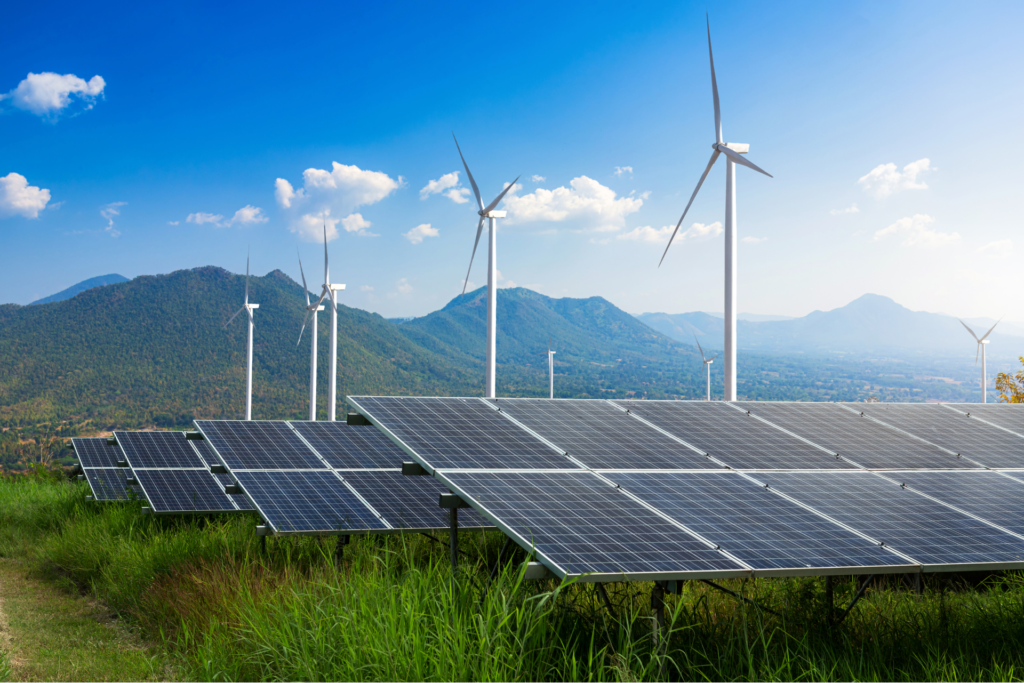Solar panel
Make Your World Eco-Friendly
Solar Panels
The Powerhouse!!!
The Greenhouse
The energy that is sourceable, free and healthy
Solar energy fits perfectly into that description. It’s sourced directly from the sun, abundant, and freely available. Harnessing solar power doesn’t emit greenhouse gases or other pollutants, making it a clean and healthy energy source. By capturing sunlight and converting it into electricity through solar panels, we can generate power without depleting finite resources or harming the environment. Moreover, solar energy is renewable, meaning it’s continuously replenished and will never run out as long as the sun shines. This combination of being sustainable, environmentally friendly, and freely available makes solar energy an ideal choice for powering our homes, businesses, and communities.
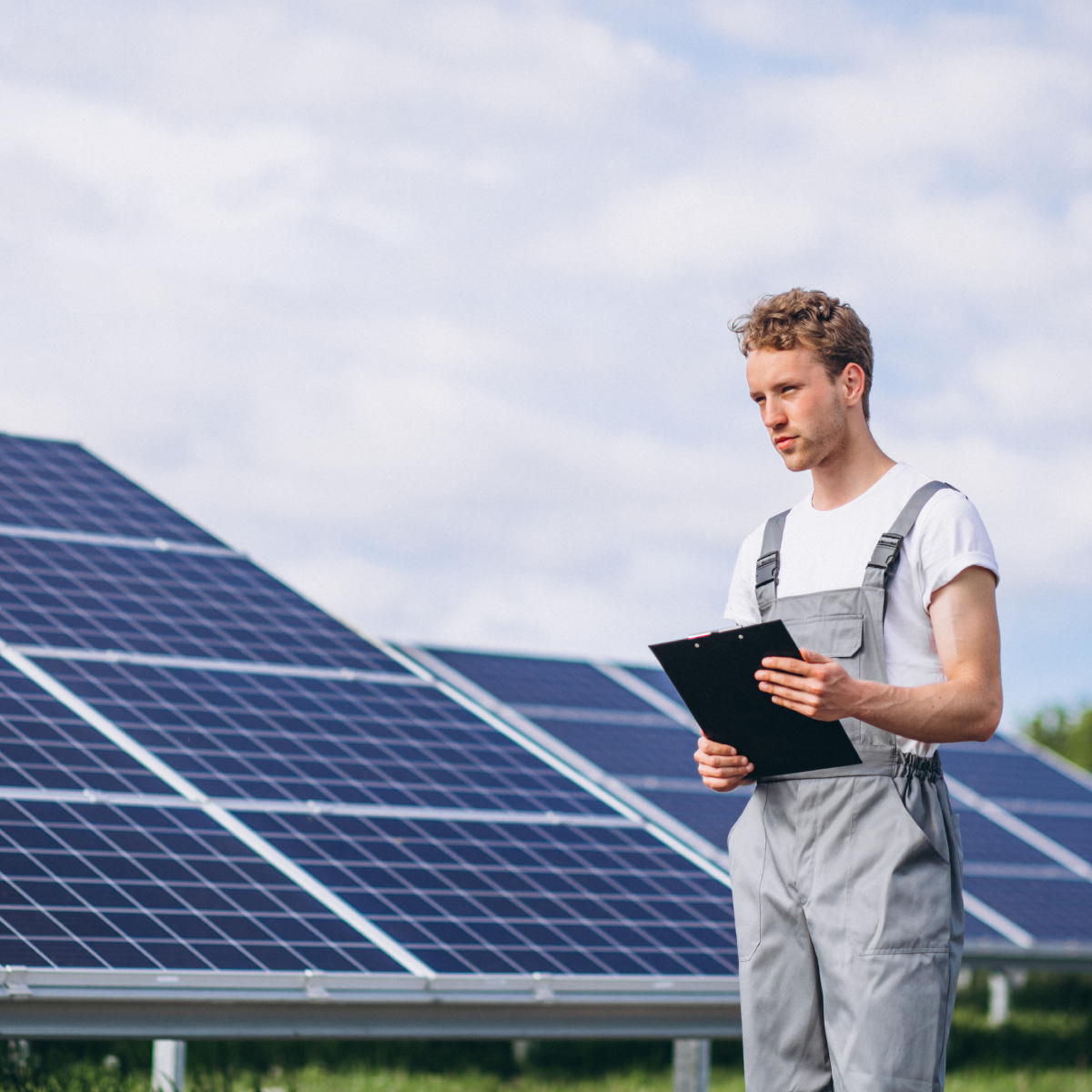
The Earth has been supporting us. It is our turn now.
Absolutely! Our planet has provided us with the resources and conditions necessary for life to thrive. It’s our responsibility to take care of the Earth and ensure its well-being for future generations. Transitioning to sustainable practices, such as reducing carbon emissions, conserving resources, and protecting natural habitats, is crucial for preserving the health of our planet.
By embracing renewable energy sources like solar, wind, and hydroelectric power, we can reduce our reliance on fossil fuels and mitigate the impacts of climate change. Conserving water, reducing waste, and promoting biodiversity are also essential steps in our stewardship of the Earth.
The perennial source that never let us down.
Indeed, the sun is the perennial source that has never let us down. It has been faithfully providing light and warmth to our planet for billions of years, sustaining life and enabling countless processes essential for our existence. Solar energy, derived from the sun’s radiation, is a reliable and inexhaustible resource that has the potential to meet a significant portion of our energy needs.
Unlike finite fossil fuels, the sun’s energy is virtually limitless and will continue to shine for billions of years to come. By harnessing this abundant resource through solar panels and other technologies, we can tap into a clean, renewable source of power that will never run out.
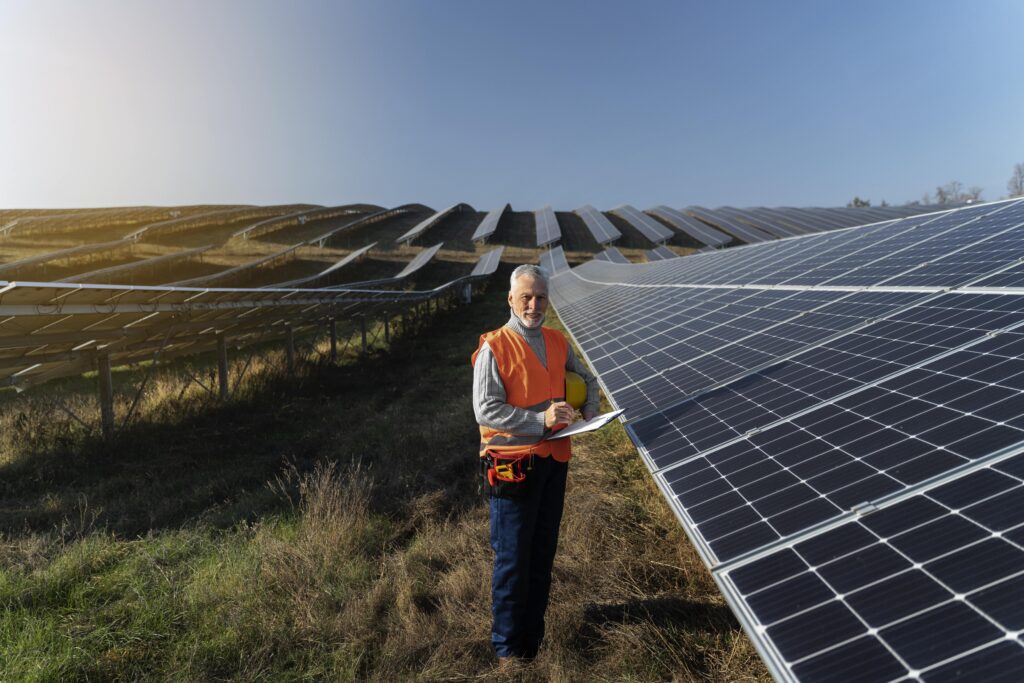
SOLAR ZONE INSTALLATION
If you're considering installing a solar energy system, creating a dedicated "solar zone" is a smart approach. Here are some steps to consider for a successful solar zone installation:
Evaluate your property to determine the best location for your solar panels. Look for areas with ample sunlight exposure throughout the day and minimal shading from trees, buildings, or other obstructions.
Check local building codes, zoning regulations, and homeowner association guidelines to ensure compliance with solar installation requirements. Obtain any necessary permits before proceeding with the installation.
Choose high-quality solar panels that suit your energy needs and budget. Consider factors such as efficiency, durability, warranty, and aesthetics when selecting panels for your solar zone.
Select an appropriate inverter to convert the DC electricity generated by the solar panels into usable AC electricity. Choose a reliable mounting system to securely install the panels on your roof, ground, or other suitable structure.
Hire a reputable solar installer with experience in designing and installing solar energy systems. Ensure that the installation team is certified and follows industry best practices for safety and quality.
Connect the solar panels to your home’s electrical system through proper wiring and connections. Work with a licensed electrician to ensure compliance with electrical codes and safety standards.
Set up a monitoring system to track the performance of your solar energy system and identify any issues or maintenance needs promptly. Schedule regular inspections and maintenance to keep your solar zone operating efficiently.
Explore financing options, incentives, and rebates available for solar installations in your area. Take advantage of tax credits, solar incentives, and other financial benefits to maximize your return on investment.
MAINTENANCE
Schedule periodic inspections of your solar panels, inverters, wiring, and mounting hardware to identify any issues or potential problems.Keep your solar panels clean and free from debris, dust, and bird droppings to maximize sunlight absorption. Depending on your location and environmental conditions, you may need to clean your panels several times a year.Set up a monitoring system to track the performance of your solar energy system in real time. Monitor energy production, voltage levels, and system health to identify any abnormalities or efficiency losses. Check the status of your inverters regularly and perform firmware updates as needed. Inspect for signs of wear, corrosion, or damage, and replace or repair components as necessary.Ensure that all electrical connections are secure and properly insulated to prevent electrical hazards. Work with a licensed electrician to conduct safety checks and address any issues promptly.
TRAINING
Attend training sessions offered by the manufacturer of your solar panels, inverters, and other system components. These sessions provide valuable insights into system operation, troubleshooting, and maintenance best practices.Consider obtaining professional certification in solar energy installation and maintenance. Organizations such as the North American Board of Certified Energy Practitioners (NABCEP) offer certification programs for solar professionals.Take advantage of online resources, webinars, and educational materials provided by industry associations, government agencies, and reputable organizations. These resources cover a wide range of topics related to solar energy, including design, installation, maintenance, and safety.Stay informed about the latest developments and advancements in solar energy technology, regulations, and best practices through continuing education programs, seminars, and workshops.
THE NEED
INITIATIVES IN THE RIGHT DIRECTION
Myths, misconceptions, and outright deceptions about green technology - The sales process for green technology, particularly solar electricity production, is filled with entities with competing agendas misaligned and often in direct conflict with property owners' best interests.
We are collectively causing climate change in the globe. Let us be mindful and take steps to neutralize it. Initiatives in the right direction are crucial for addressing pressing global challenges, such as climate change, environmental degradation, and social inequality.
Reducing Greenhouse Gas Emissions
Solar panels generate electricity without emitting greenhouse gases such as carbon dioxide, methane, and nitrous oxide. By replacing fossil fuel-based electricity generation with solar power, we can significantly reduce greenhouse gas emissions, mitigating the impacts of climate change and air pollution.
Solar energy is a renewable resource that relies on the abundant and inexhaustible power of the sun. Unlike fossil fuels, which are finite and contribute to habitat destruction, water pollution, and land degradation, solar energy harnesses sunlight without depleting natural resources or causing environmental harm.
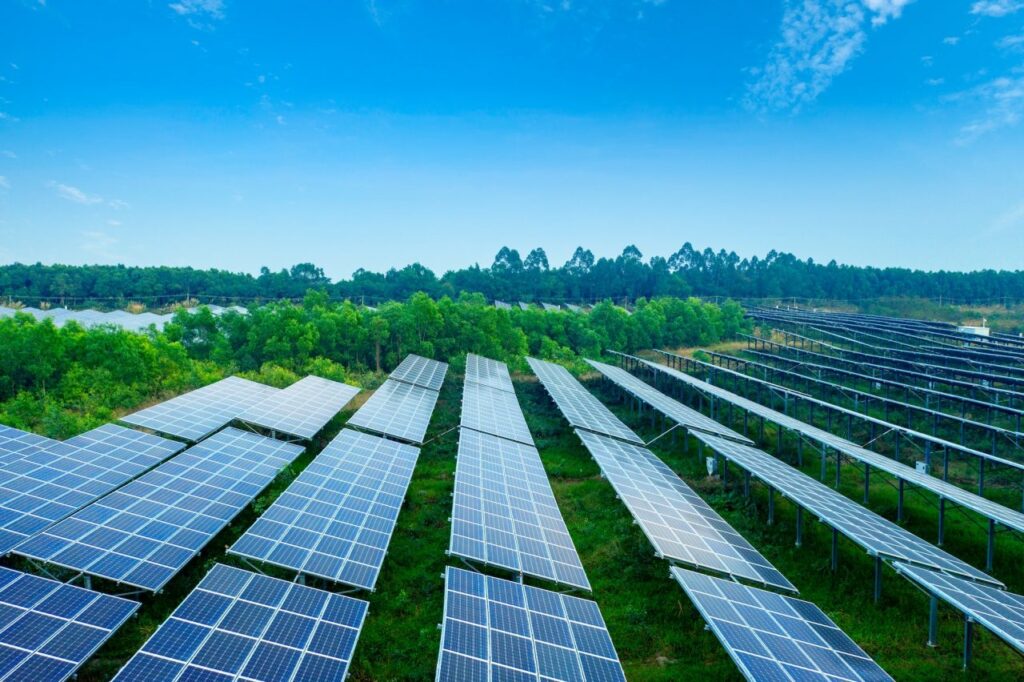
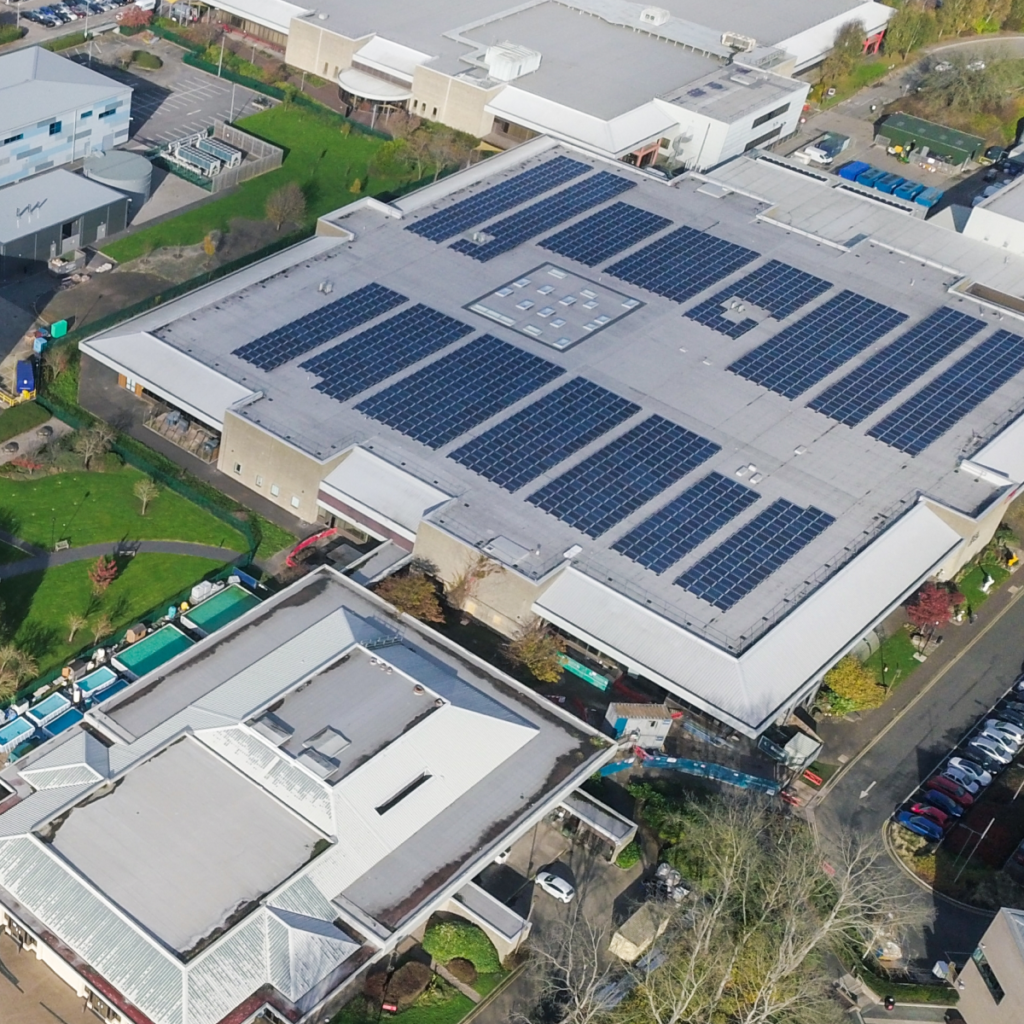
Conserving Water
Traditional electricity generation methods, such as coal, natural gas, and nuclear power plants, require large amounts of water for cooling and steam generation. Solar panels, on the other hand, do not require water to generate electricity, making them an environmentally friendly alternative that helps conserve freshwater resources.
Protecting Ecosystems
Solar energy infrastructure, such as solar farms and rooftop solar installations, has a smaller environmental footprint compared to fossil fuel extraction, mining, and power plant operations. Solar panels can be installed on rooftops, brownfields, and degraded lands, minimizing the need for habitat destruction and preserving ecosystems.
Reducing Land Use Conflicts
Solar energy can be deployed on a variety of land types, including agricultural land, urban areas, and marginal lands. By utilizing existing infrastructure and minimizing land use conflicts, solar panels can help reduce pressure on natural habitats and promote sustainable land management practices.
Promoting Circular Economy
Solar panels are composed of recyclable materials such as glass, aluminum, and silicon. At the end of their lifespan, solar panels can be recycled to recover valuable materials and reduce waste. By promoting a circular economy approach to solar panel manufacturing and disposal, we can minimize environmental impacts and conserve resources.
